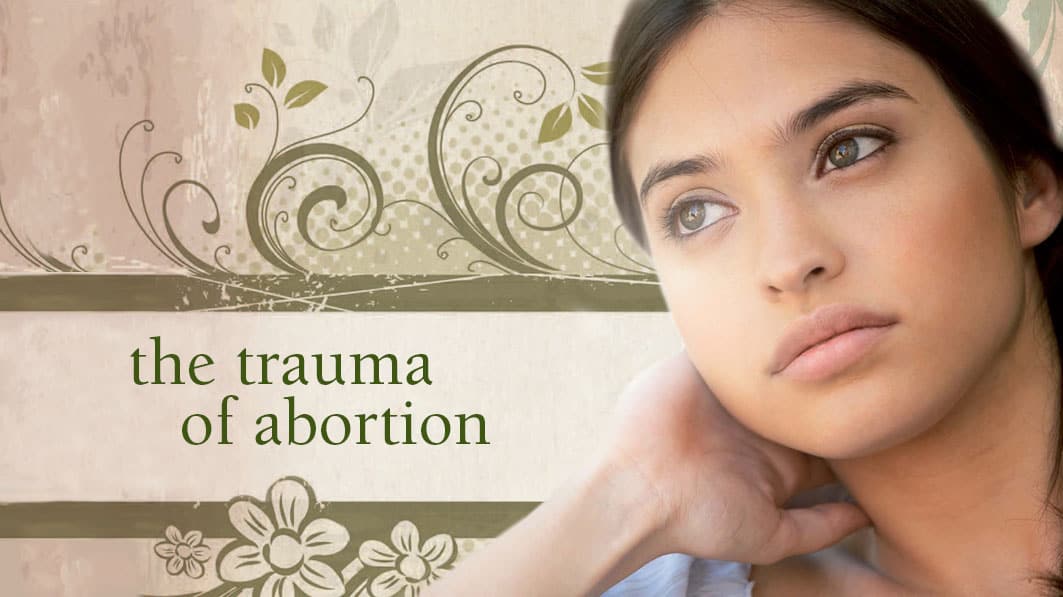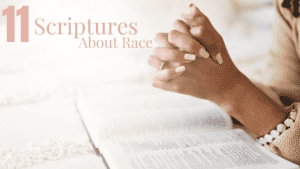Do you feel alone with the memory of an abortion you chose to have? If so, you’re actually not alone! Thirty-three percent of American women have an abortion at some point, but hardly any of them ever talk about it.
The reason is simple. Many women who choose abortion go against their own sense of right and wrong, and this makes them feel guilty. That guilt stops them from talking about it or getting the emotional help they deserve.
The Trauma of Abortion
Professional counselors tell us that many women who have had an abortion are not able to …
… process the painful thoughts and emotions—especially guilt, anger and grief – that arise from an abortion experience.
… identify, much less grieve, their loss.
… come to peace with God, themselves and others involved in the pregnancy and abortion decision.
Does any of this describe your journey?
The Grieving Process
Relief is the most common reaction immediately following an abortion. But as time goes on, you may have trouble dealing with the loss you feel. Here are some possible reasons:
- You have no external evidence that your baby ever existed – no pictures or other memorabilia.
- You may not believe you have the right to grieve a loss that you chose to suffer.
- There was no memorial service or eulogy to mark the loss of your child.
For any or all of these reasons, you may not feel that your grief is justified, so you end up repressing your feelings of sadness, shame and anger. You just don’t want to talk about it! But years later, when you undergo another significant loss or become pregnant again, an intense grief may catch you by surprise. You’ll wonder, “Why am I having such a horrible reaction to this? Am I losing my grip?”
Signs of Stress
If this happens to you, you might be exhibiting symptoms of emotional or psychological stress related to your abortion. These can include:
- Guilt from violating your own sense of morality.
- Self-destructive behaviors such as eating disorders, alcohol and/or substance abuse, abusive relationships, promiscuity.
- Re-experiencing events related to the abortion such as memories or nightmares involving lost or dismembered babies.
- Anxiety that leads to headaches, dizziness, pounding heart, abdominal cramps, muscle tightness, difficulty sleeping.
- Psychological numbing—your unconscious vows never to let anything hurt this badly again hampers your ability to enjoy an emotional, intimate relationship.
- Depression, which reveals itself through deep sadness, sudden and uncontrollable crying, poor self-concept, sleep and appetite disturbances, loss of normal sources of pleasure, even thoughts of suicide.
- Preoccupation with becoming pregnant again, an unconscious hope of replacing the baby you aborted.
- Anxiety over fertility and childbearing issues, fearing that God will punish you by not letting you bear children.
- Trouble in bonding with your other children, either by being overprotective or feeling detached from them.
- Anniversary reactions such as an increase in symptoms around the time of the anniversary of the abortion, the due date of the aborted child, or both.
It’s important to pay attention to what your body and emotions may be trying to tell you.
When you finally recognize your need to come to terms with a past abortion, that’s when the path to healing can begin.
If you need further guidance and encouragement, Focus on the Family has a staff of licensed, professional Christian counselors available to talk with you at no charge. Just call 800-A-FAMILY (232-6459)
Additional Reading: If you’d like to learn more about abortion’s impact, visit StandApart.org.




















